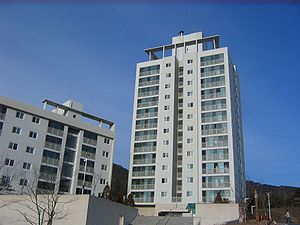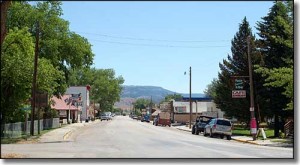This is how government should be behaving. They should be removing the hurdles for business and society to advance.
The FCC voted unanimously Friday (Oct. 17) to make it easier to deploy wireless infrastructure, yet another step in the commission’s broader move to spur broadband deployment.
The item extends various exclusions from environmental and historical impact restrictions for wireless buildouts, including co-locations of new equipment on existing structures, and clarifies that shot clocks and other measures to ease infrastructure buildouts extend to distributed antenna systems and small cells.
State and local entities won’t be able to deny further modifications of existing sites that do not change the physical dimensions, and fixes a 60-day deadline for action.
Continue reading





 “American Tower is glad to join RCA, and we support their mission — advocacy for rural and regional wireless carriers,” said American Tower’s Steven Marshall, Executive Vice President and President, U.S. Tower Division through a statement.
“American Tower is glad to join RCA, and we support their mission — advocacy for rural and regional wireless carriers,” said American Tower’s Steven Marshall, Executive Vice President and President, U.S. Tower Division through a statement.

